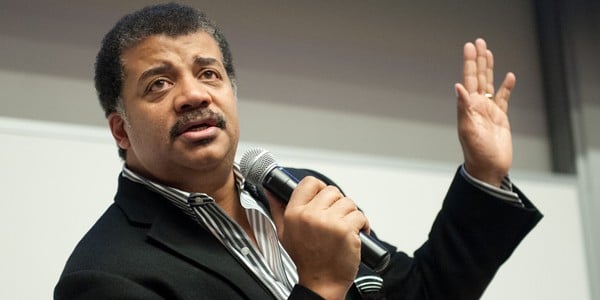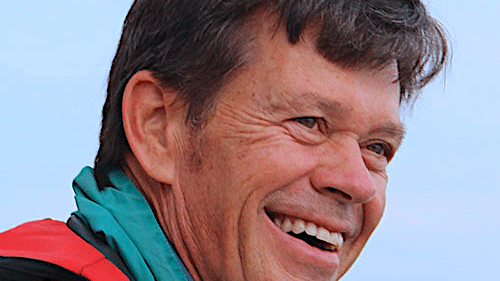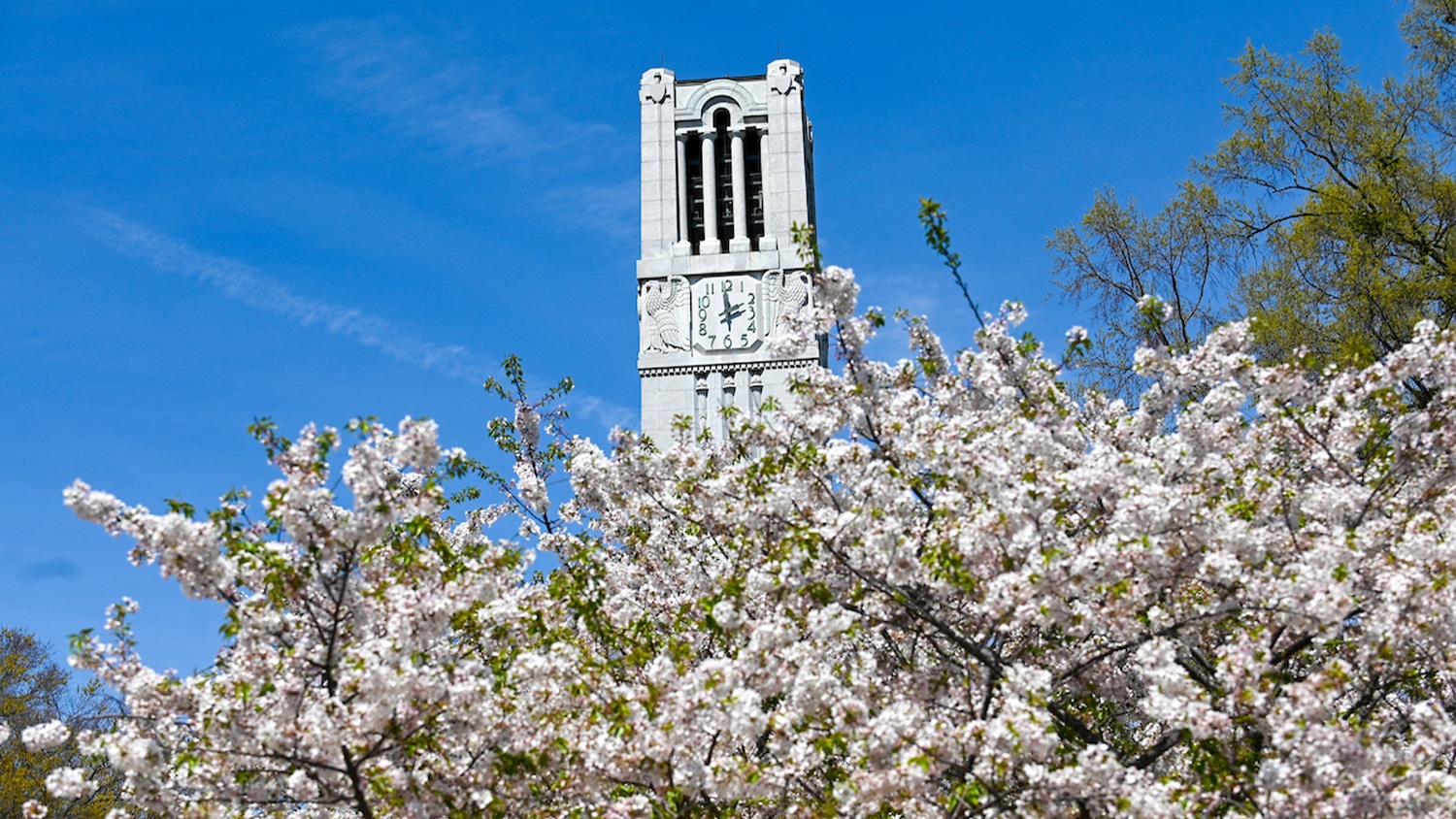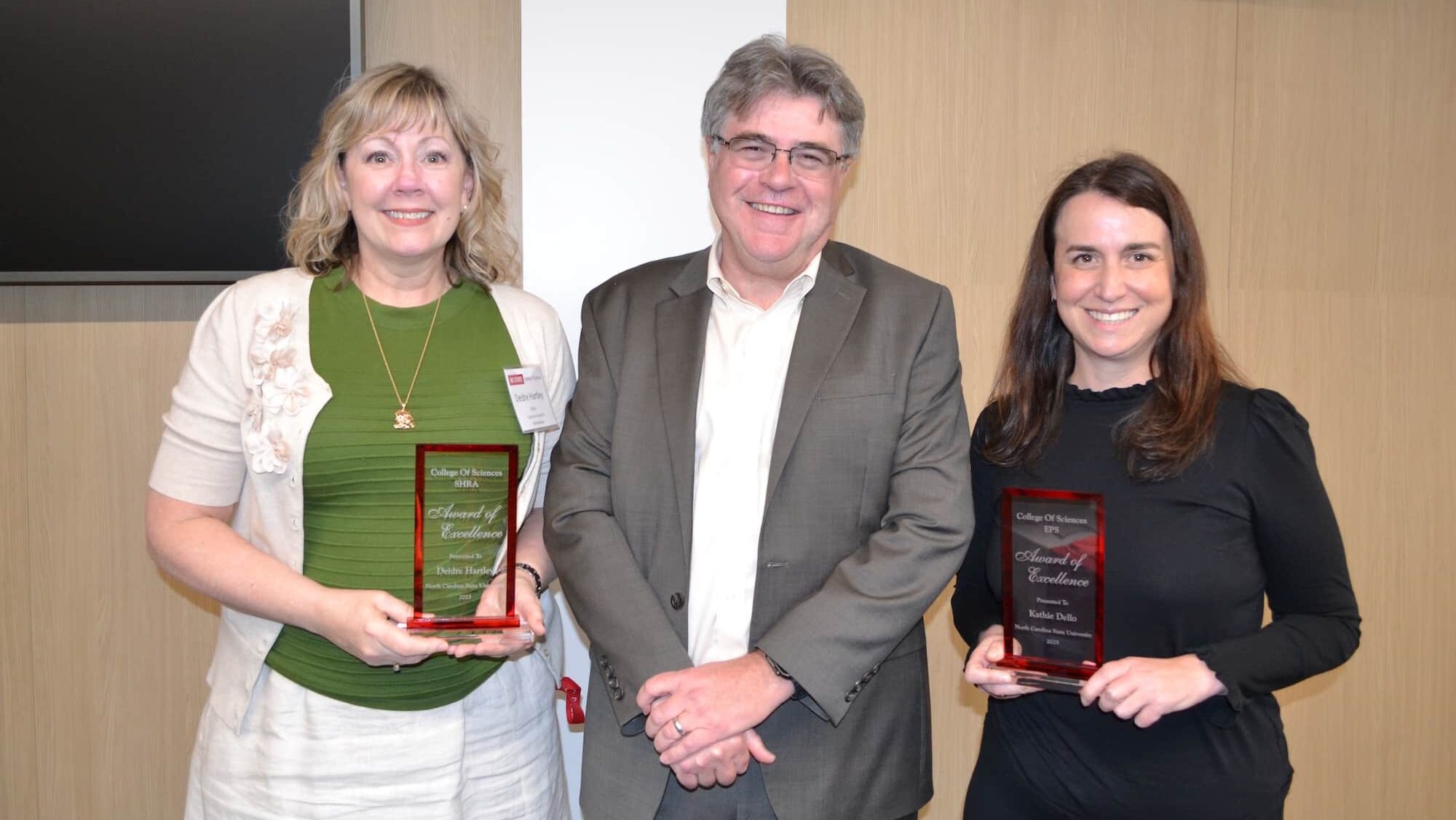Star Power
Neil deGrasse Tyson comes to campus to celebrate the launch of the College of Sciences

Neil deGrasse Tyson took the stage and looked out into the lights. Then he kicked off his shoes and emptied his pockets on a nearby podium.
“Give me a minute to get comfortable,” he told the audience. “Okay. now we’re ready to rock.”
And with that, Tyson was off, delivering a funny and poignant address on science literacy — and science illiteracy — that brought the audience in the packed Hunt Library auditorium to its feet.
Tyson came to NC State April 3 for the College’s State of the Sciences outreach and education program. It was the signature event of the Year One Events Series celebrating the new College, which launched July 1, 2013, and brought together NC State’s people and programs in the biological, physical and mathematical sciences.
Tyson is a bona fide science superstar, serving as the high-profile director of New York’s Hayden Planetarium and host of “Cosmos: A Spacetime Odyssey,” which debuted earlier this year on Fox and the National Geographic Channel. Those who have seen him deliver a lecture or hold forth in one of his 10 appearances on the “Colbert Report” know he has a galaxy-sized personality and charisma to match.
Both were on full display during his campus appearances, which included a roundtable interview with local media, a town hall-type meeting with Sciences students and the “State of the Sciences” lecture, which was co-sponsored by the North Carolina Science Festival, Eastman Chemical Company and the College of Sciences Foundation.
Tyson began his day at a media roundtable at SAS Hall, where he emphasized the importance of science literacy.
“For me, science literacy isn’t the recitation of what the DNA molecule is or how an internal combustion engine works or what the Big Bang theory is,” he told the reporters. “Science literacy is knowing how to ask questions.”
A packed lecture hall full of students got to do just that when Tyson went downstairs to conduct an hour-long question-and-answer session in the SAS Hall auditorium. Wearing a blazer, jeans and an open-necked shirt, Tyson sat comfortably on a desk down front while ushers carried microphones to students.
In response to a student’s question, Tyson acknowledged that he often uses economic arguments to advocate for increased investment in science.
“A culture will only make a major investment for three reasons: You don’t want to die in a war, so you build the great Wall of China or the Manhattan Project; you don’t want to be poor, so you send out Lewis and Clark or Columbus to discover trade routes; or you want to praise royalty or a deity, so you build pyramids or cathedrals,” he said. “So I always invoke the economic argument. The people controlling the purse strings won’t fund exploration for the sake of exploration.”
The hour flew by, and then Tyson was shuttled out the door and across campus to a capacity crowd of College alumni, friends, faculty and members of the general public who were waiting to hear him speak at the Hunt Library. Tyson put on a tie for the occasion; but no sooner did he take the stage than he kicked off his shoes.
He went on to cite examples of science illiteracy in American society, including a member of Congress saying, “I’ve changed my views 360 degrees on that issue.”
He also showed a picture of a magazine ad that depicted students in a classroom, with text that said, “Try to get them interested in why lighter things fall faster than heavier things.” To highlight the absurdity of that statement, Tyson dropped a pen and his shoe to the stage, demonstrating to the audience that both objects fall at the same rate of speed, despite their different weights.
After covering topics as diverse as the so-called “Supermoon,” Judgment Day cults and the demotion of Pluto from planetary status, Tyson closed with his reading of a passage written by astronomer Carl Sagan — who hosted the original “Cosmos” series broadcast in 1980 — describing earth as a “pale blue dot” floating amid the cosmos when viewed by a satellite passing beyond the rings of Saturn. The appreciative audience gave him a standing ovation, which was his cue to grab his shoes and head upstairs for a reception honoring his daylong efforts on behalf of science.
- Categories:


